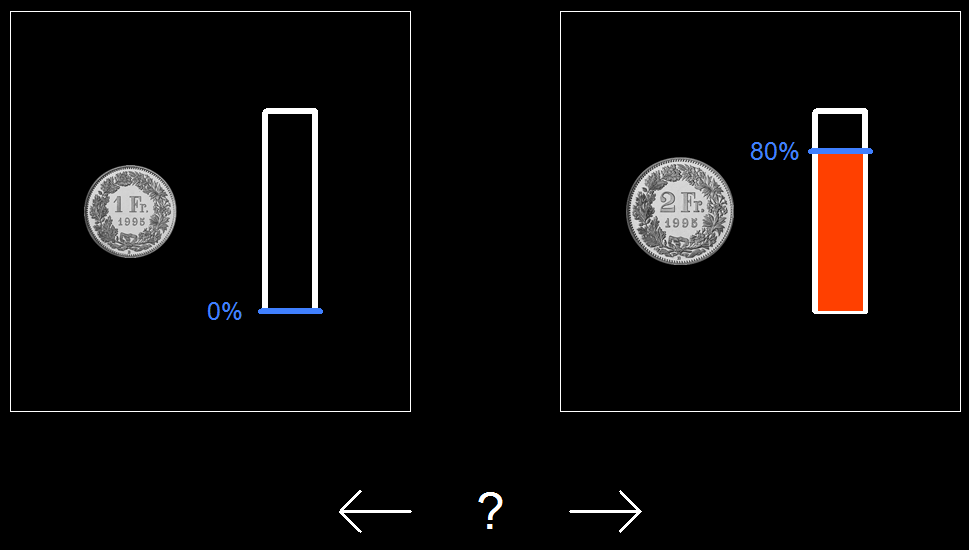MEMBERS
Stefan Kaiser


Stefan Kaiser heads the Adult Psychiatry Division at HUG and is a full professor at the Department of Psychiatry at UNIGE. He is also the Vice Coordinator of the Synapsy Center. With a strong background in psychiatry and psychotherapy, Stefan Kaiser's research focuses on understanding and treating the negative symptoms associated with schizophrenia. Specifically, he aims to unravel the complexities of apathy, a reduction of motivation, and motivational dysfunctions while striving to develop innovative treatment approaches.
Motivated by a genuine interest in the well-being of individuals grappling with mental health issues, Stefan Kaiser seamlessly integrates clinical expertise with cutting-edge research. By bridging the gap between academia and healthcare, he aims to improve our understanding of mental disorders and enhance the quality of care provided to patients.
Understanding Apathy in Severe Mental Disorders
Stefan Kaiser's research primarily concentrates on the negative symptoms of schizophrenia and other severe mental disorders. These negative symptoms encompass apathy and diminished expression, which significantly impact everyday functioning. At the same time treatment options remain very limited. His team focuses on gaining a better understanding of the motivational and cognitive processes underlying apathy. Through behavioural experiments and functional magnetic resonance imaging, they investigate dysfunctions of the reward system, drawing upon insights from basic neuroscience. The laboratory emphasises combining these approaches with the development of instruments for clinical psychopathology, facilitating improved measurement of negative symptoms, particularly apathy.

Treating Apathy with Biological and Psychotherapeutic Approaches
Stefan Kaiser's research team is currently shifting their focus towards the treatment of apathy. They explore how biological and psychotherapeutic interventions can modify the underlying processes identified in their previous work. For instance, they are planning a clinical trial using a psychotherapeutic intervention targeting reward anticipation. On the biological front, a clinical trial involving transcranial magnetic stimulation is set to begin in 2024. Moreover, the team investigates inflammatory and metabolic mechanisms that may contribute to impairments in the reward system. Interventions such as physical exercise and nutritional supplementation hold potential for improving these deficits. Additionally, they employ meta-analytic approaches to integrate the evidence base on treatments for negative symptoms.

